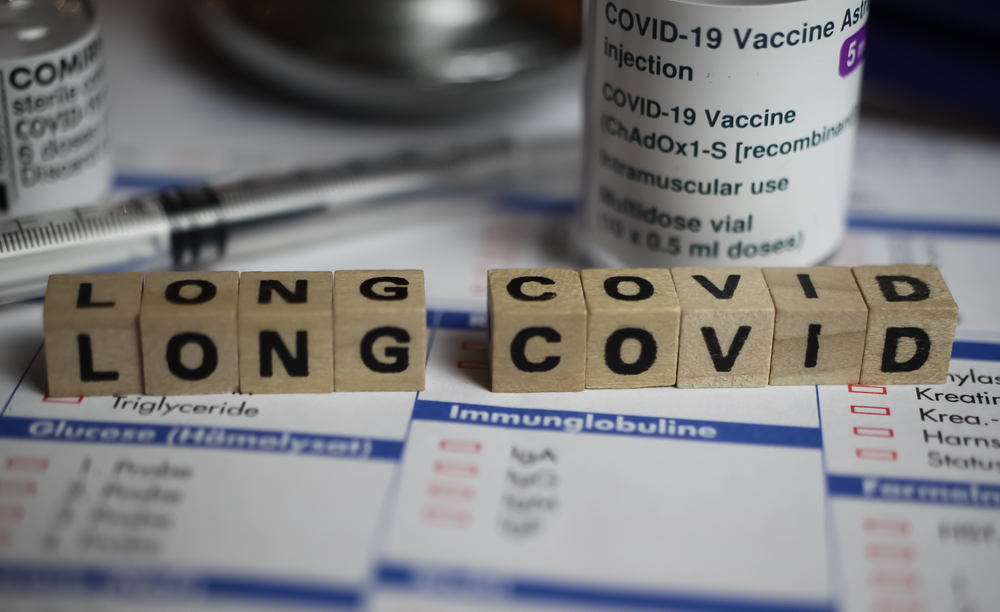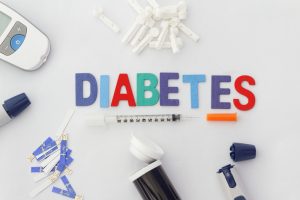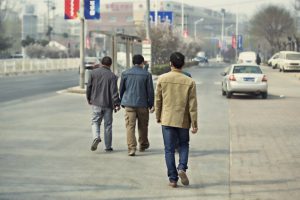Addressing the Unprecedented Challenge of Long-COVID in Malaysia with a Nutritional Medicine Approach
Emerging research highlights the significant burden of long-COVID on global health systems, while pointing towards the potential of nutritional interventions, such as supplementation with ubiquinol, in mitigating its effects. This strategy is especially pertinent in the context of Malaysia, where substantial numbers of long-COVID sufferers have been identified.
The Rising Issue of Long-COVID
Worldwide, an estimated 10% of COVID-19 patients are developing long-COVID, a post-viral syndrome. This trend poses serious threats to public health, and health practitioners including naturopathic experts and Western herbal medicine specialists are witnessing its toll first-hand.
A recent study surveying 732 Malaysians revealed that one in five COVID-19 survivors reported experiencing symptoms of long-COVID. Although neither Singapore nor Malaysia track the number of individuals suffering from long-COVID, these figures suggest a significant health burden.
Long-COVID, Explained
Long-COVID, also known as post-acute sequelae of SARS-CoV-2 infection (PASC) or post-COVID-19 syndrome, has emerged as a significant concern within the panorama of global health.
Characterised by lingering symptoms, such as fatigue, brain fog, depression, anxiety, and insomnia, extending beyond 12 weeks after the initial COVID-19 infection, long-COVID poses multifaceted challenges.
While it can affect anyone, regardless of the severity of their original COVID-19 illness, its prevalence and exact mechanisms remain topics of ongoing research. Today, emerging studies point towards innovative management strategies including nutritional medicine – specifically, ubiquinol supplementation and lifestyle modifications, promising a holistic approach to tackling this persistent health issue.
Mitochondrial Impact on Platelets: The Pathology of COVID-19 and Long-COVID
Research suggests that COVID-19 can affect our bodies’ energy systems, which are largely controlled by mitochondria, the “powerhouses” of our cells.
Viruses, including SARS-CoV-2 (the virus that causes COVID-19), are known to manipulate these energy systems to aid their spread. This could be particularly problematic for individuals who already have compromised mitochondria, such as the elderly or those with pre-existing health conditions.
Platelets and their mitochondrial health may play an important role in the pathology of COVID-19, including long COVID, due to their crucial functions in haemostasis and immune response.
Unhealthy mitochondria can negatively impact platelet function and potentially increase the risk of clotting disorders. In COVID-19, the hyperactivation of platelets, potentially triggered by SARS-CoV-2, could lead to programmed cell death.
Damaged or dysfunctional mitochondria within platelets might influence this process, contributing to the systemic manifestation of the disease. Additionally, changes in systemic mitochondrial health, such as those induced by regular exercise, may reflect in platelet health and could potentially mitigate some adverse effects seen in COVID-19 and long COVID.
Nutritional Medicine: A Promising Path in Long-COVID Management
While there’s no known cure for long-COVID yet, emerging scientific evidence suggests potential treatment options, focusing on bolstering the body’s antioxidant systems. The approach includes supporting mitochondrial health, key to cellular energy production, and integral to post-pandemic recovery.
Ubiquinol, an important antioxidant within our cells’ mitochondria, plays a crucial role in this aspect. Research points towards its supplementation as a potential aid in reducing long-COVID symptoms. Furthermore, decreased levels of ubiquinol have been linked with chronic fatigue syndrome (ME/CFS), a common symptom of long-COVID.
A recent study in the World Nutrition Journal posits ubiquinol supplementation as a promising approach to improve the quality of life for long-COVID patients.
An Integrative Approach to Recovery
The nutritional intervention does not stand alone in long-COVID management. Complementing the supplementation, lifestyle changes such as a balanced diet, high-quality sleep, and regular exercise are recommended.
Dr. Mark Donohoe, President of the Australasian College of Nutritional and Environmental Medicine (ACNEM) in Australia and an Integrative General Practitioner, supports this comprehensive approach. “Vaccination remains an important first-line of defence,” he says, “but the scientific literature is proving that nutritional medicine intervention may help to reduce some of the debilitating symptoms, especially in long-COVID, and enhance recovery.”
The spotlight on long-COVID and its management should help inform prevention, rehabilitation, and clinical care strategies for long-term COVID-19 outcomes.
References
- Filip, R., Puscaselu, R. G., Anchidin-Norocel, L., Dimian, M., & Savage, W. K. (2022, August 7). Global Challenges to Public Health Care Systems during the COVID-19 Pandemic: A Review of Pandemic Measures and Problems. PubMed Central (PMC). https://doi.org/10.3390/jpm12081295
- Long Covid casts a long shadow over Asia as patients cry out for a cure. (2023, January 29). South China Morning Post. https://www.scmp.com/week-asia/health-environment/article/3208117/long-covid-casts-long-shadow-over-asia-patients-cry-out-cure
- Moy, F. M., Hairi, N. N., Jian Lim, E. R., & Bulgiba, A. (2022, August 30). Long COVID and its associated factors among COVID survivors in the community from a middle-income country—An online cross-sectional study. Long COVID and Its Associated Factors Among COVID Survivors in the Community From a Middle-income country—An Online Cross-sectional Study | PLOS ONE. https://doi.org/10.1371/journal.pone.0273364
- W. Nunn, A. V., Guy, G. W., Brysch, W., & Bell, J. D. (2022, December 2). Understanding Long COVID; Mitochondrial Health and Adaptation—Old Pathways, New Problems. PubMed Central (PMC). https://doi.org/10.3390/biomedicines10123113
- Surapsari, J. (2022, May 31). Coenzyme Q-10: a potential role in alleviating long Covid-19 symptoms | World Nutrition Journal. Coenzyme Q-10: A Potential Role in Alleviating Long Covid-19 Symptoms | World Nutrition Journal. https://doi.org/10.25220/WNJ.V05.S3.0008
- Moy, F. M., Hairi, N. N., Jian Lim, E. R., & Bulgiba, A. (2022, August 30). Long COVID and its associated factors among COVID survivors in the community from a middle-income country—An online cross-sectional study. Long COVID and Its Associated Factors Among COVID Survivors in the Community From a Middle-income country—An Online Cross-sectional Study | PLOS ONE. https://doi.org/10.1371/journal.pone.0273364
- Davis, H. E., McCorkell, L., Vogel, J. M., & Topol, E. J. (2023, January 13). Long COVID: major findings, mechanisms and recommendations – Nature Reviews Microbiology. Nature. https://doi.org/10.1038/s41579-022-00846-2













